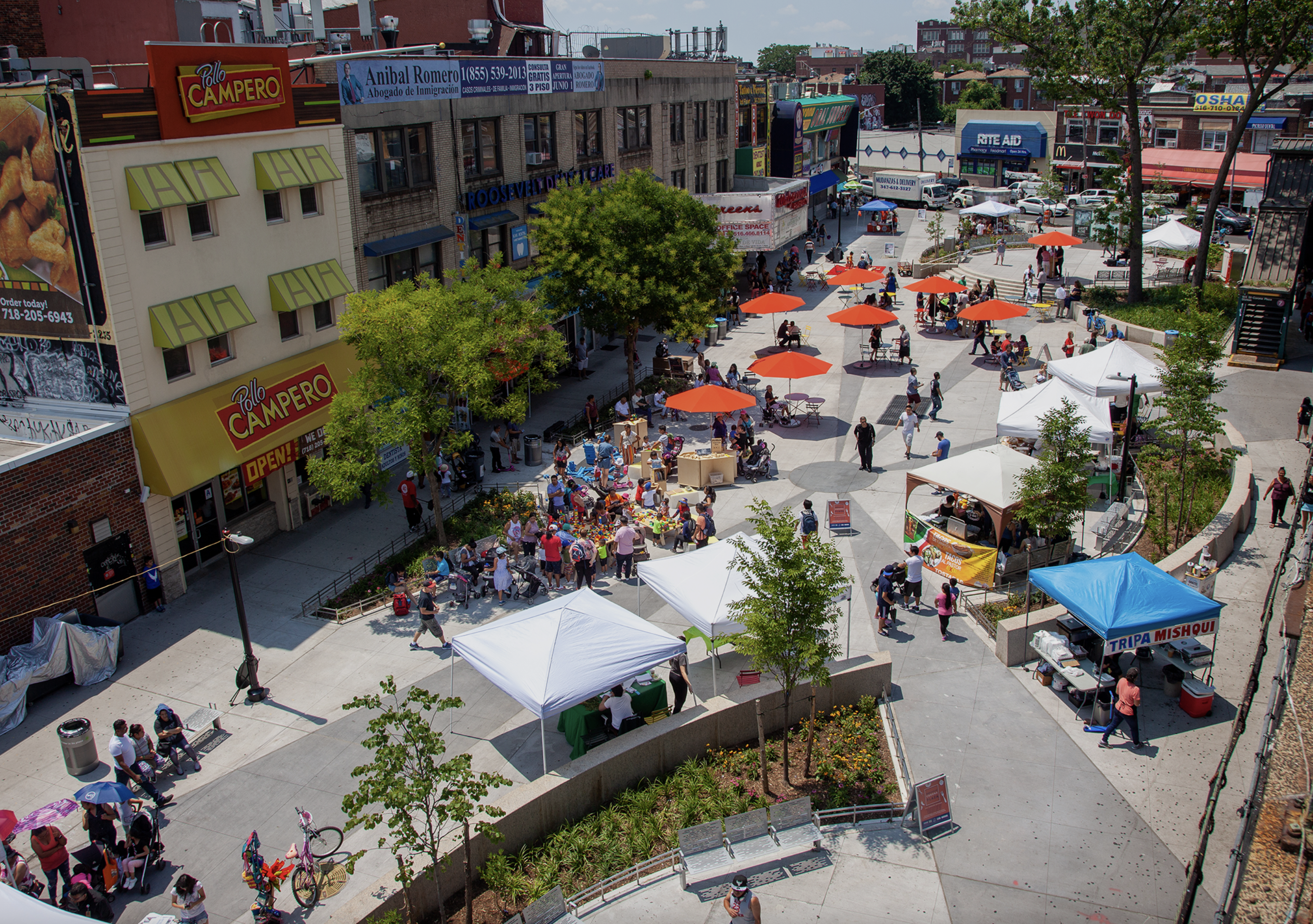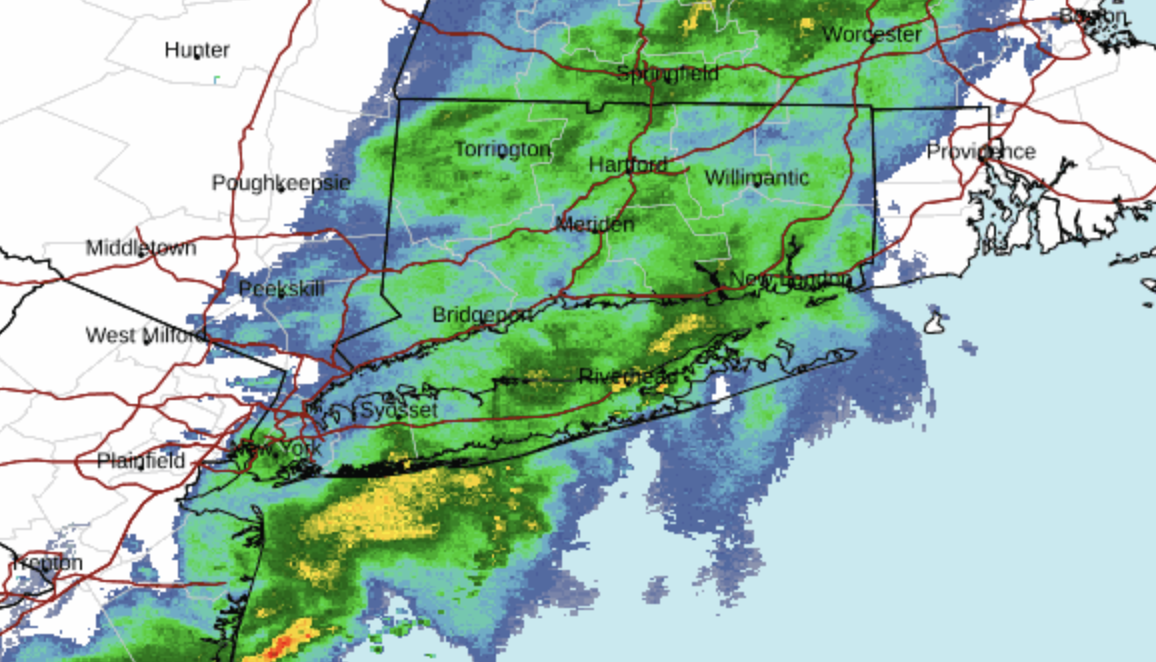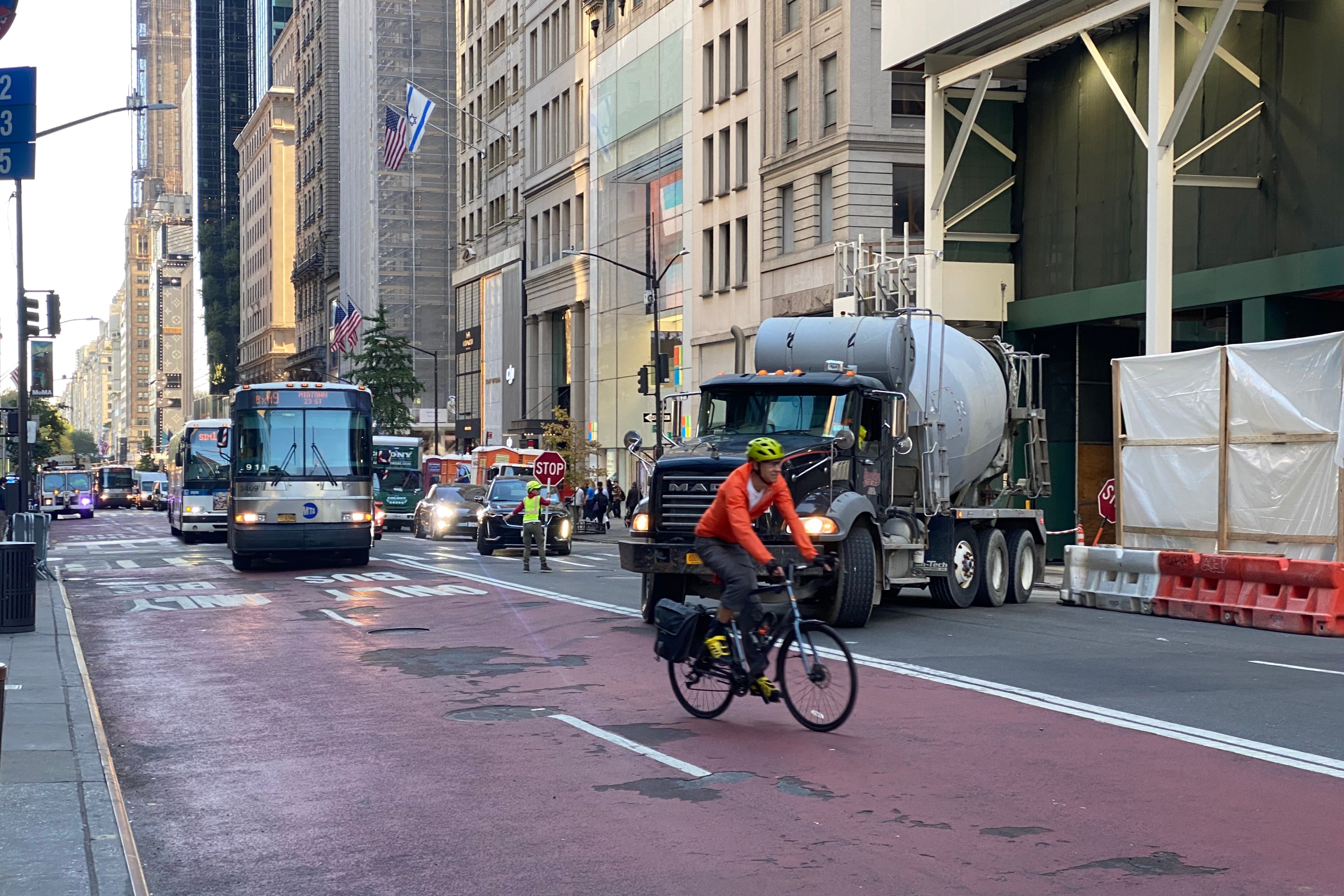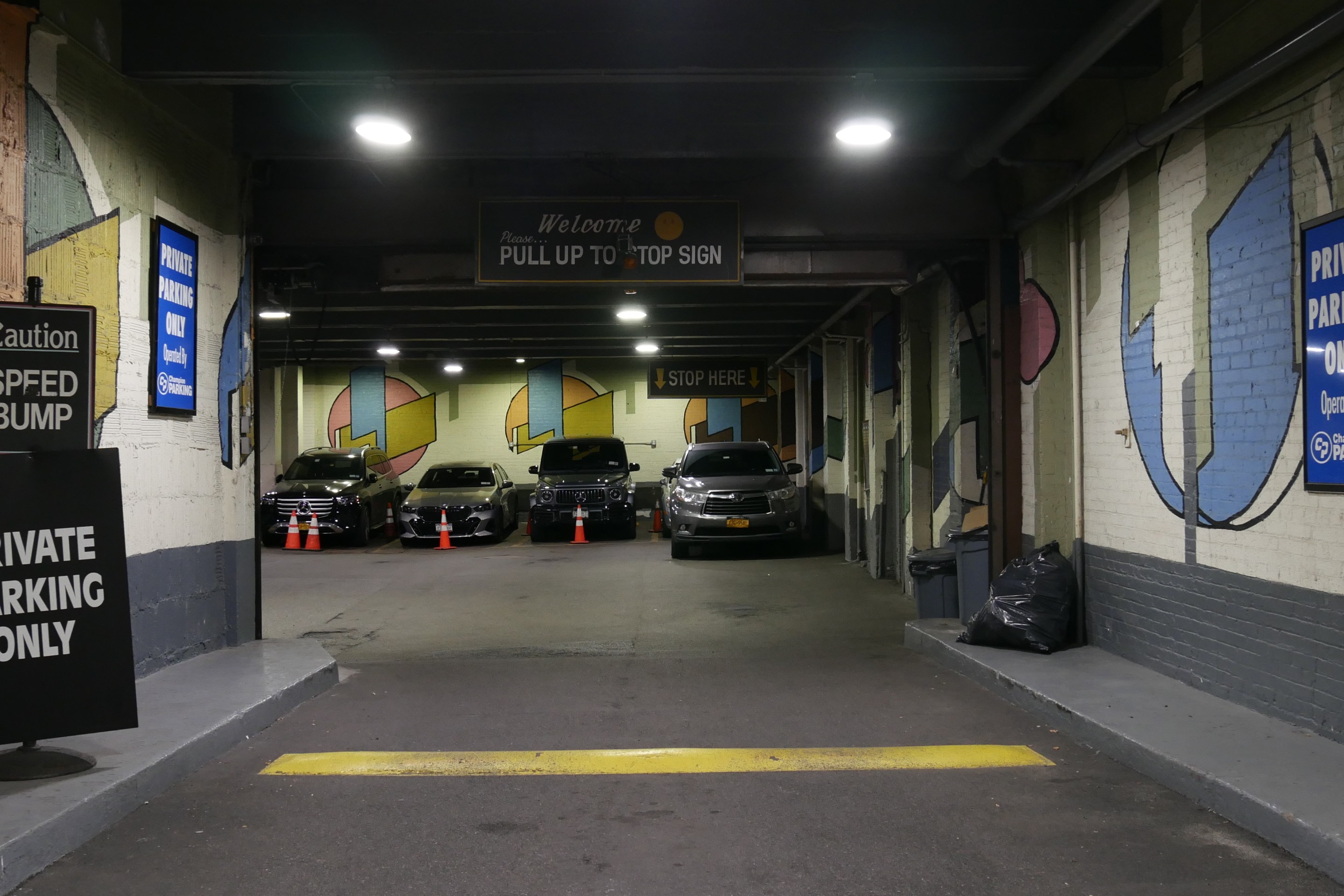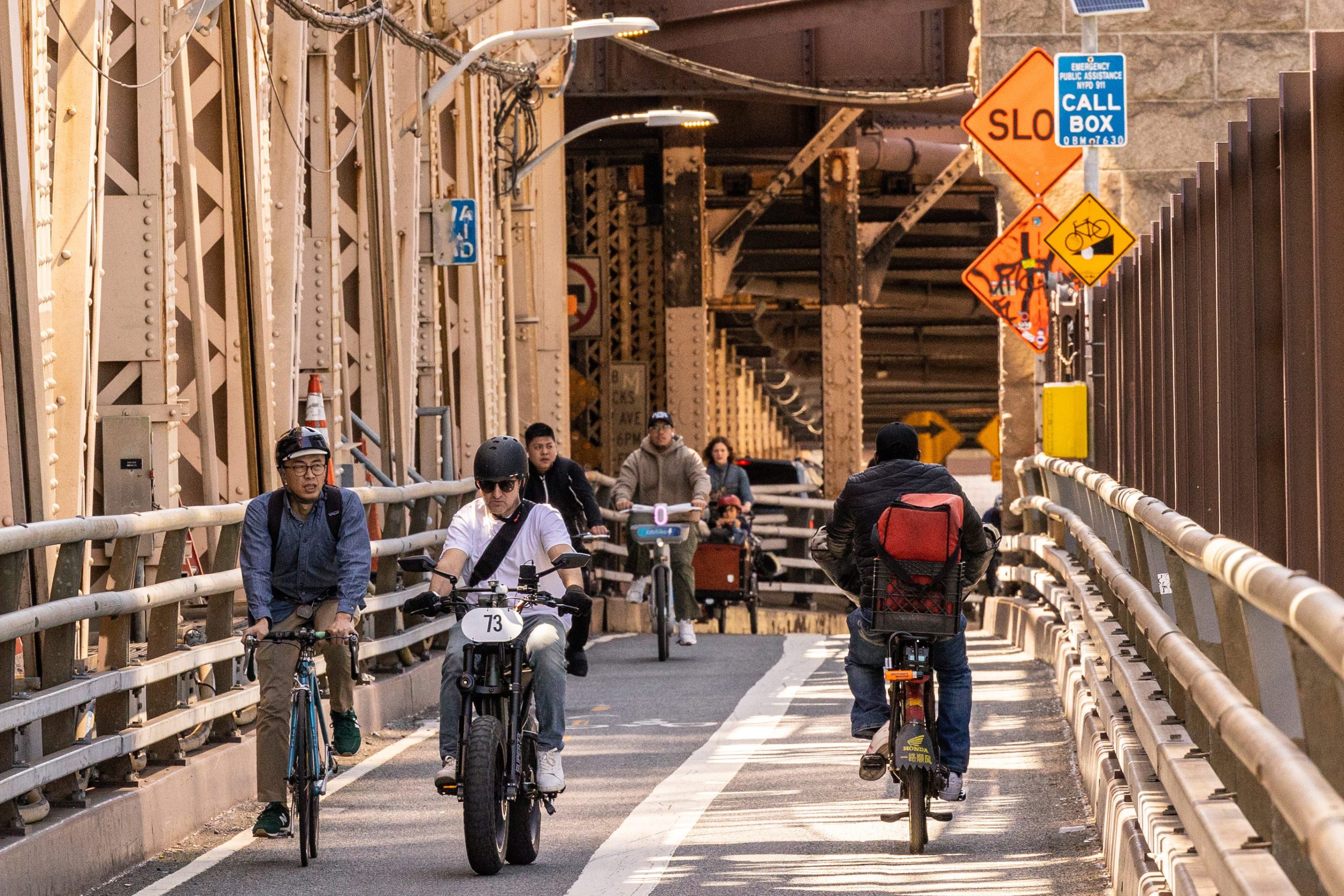If you build it, they will come — and keep neighborhoods safe and businesses solvent.
That's the message of the Design Trust for Public Space, which is seeking to help less-well-resourced small-business and neighborhood groups create and manage people-centered public spaces as a way of goosing the city's post-pandemic recovery. Toward that end, it has released Neighborhood Commons: Reimagininng Public Space Programming and Governance in Commercial Districts, a "toolkit" with a two-pronged goal: It's a guide for groups listing the city approvals needed for plazas, sidewalk furniture, parklets, open streets and other amenities that enable successful pedestrianization and "placemaking"; and it's a report with set of practical policy recommendations for city staffers and others who want to cut through red tape and make things happen.
“[These] policy recommendations are coming at a crucial moment for decision-makers guiding the city’s recovery and long-term economic resilience,” Matthew Clarke, executive director of the Design Trust, said in a statement. “Public spaces and the small businesses that define them are critical for the livelihood of our neighborhoods. The Covid-19 pandemic has illuminated just how important it is to protect and uplift these spaces as community anchors. We can do so by lowering the barrier to access of public space programs and resources.”
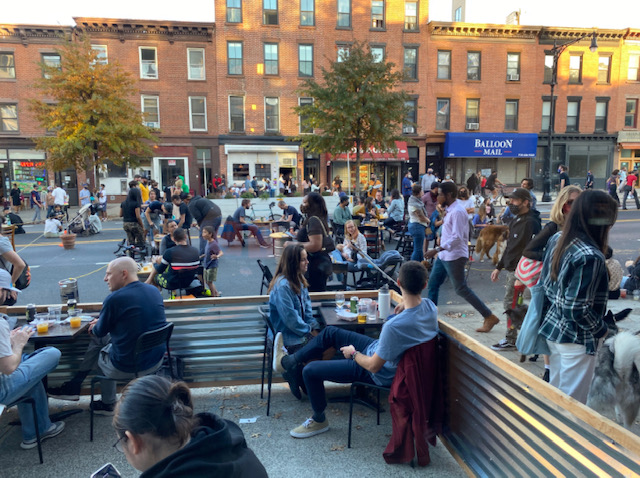
The toolkit is the latest effort of a number of city not-for-profits to focus city agencies and the Adams administration on the growing discipline of public space management, which aims to provide residents with livable streets and vibrant public spaces while devolving authority away from rigid, centralized agencies. Dozens of professional disciplines go into maintaining streets as places — including community planning, public safety and services, cleanliness and trash management, programming and event facilitation, street-furniture management, school-street management, vehicular management, planting facilitation, street design, maintenance (including street, sidewalk and lighting repair), vendor management, and parking management, among others.
The city, unfortunately, for many decades abdicated much responsibility for public space in favor of the lowest use — long-term car storage — and made getting permits for many placemaking activities complicated and expensive.
"We are energized by the continued focus on how public space can support New York City’s recovery," said Jackson Chabot, director of public space advocacy for Open Plans, a sister organization of Streetsblog that has been advancing the concept of public space management as a specific city responsibility rather than an ad-hoc hope. "This report wonderfully highlights the importance of how we care for and manage our streets, sidewalks, and plazas. Now, New York City's challenge is to develop an equitable model of public space management that works in all neighborhoods. These systemic changes will foster safe streets, commerce, and community.
"Formalizing these responsibilities in an Office of Public Space Management with a director of the public realm would further ensure that these critical issues don't fall through the cracks," Chabot added.
The Design Trust recommendations might seem basic, but they are crucial for city bureaucracies that have for decades operated as "silos" with little coordination and much duplication. They include:
- Appointing an inter-agency Public Realm Working Group that serves as the overall program administrator
- Creating unified digital and analog public space permit applications across many languages
- Allowing applicants to self-certify/self-declare on permit applications
- Establish sliding fees and insurance waivers based on need
- Providing a pre-approved list of local on-call technical assistance providers and equipment/furniture vendors
- Establishing a public realm activation grant and public realm design guidelines
- Matching public space maintenance and programming crowdfunding programs set up by local organizations
- Developing a self-sustaining open street funding model.
The trust has enlisted several local not-for-profits in efforts to test its recommendations: CaribBEING and the Brownsville Community Justice Center will pilot concessions on an open street in Brooklyn; a photo exhibition in Queens will involve local cultural organizations.
Read the full report at neighborhoodcommons.nyc.
